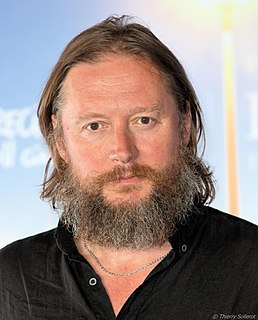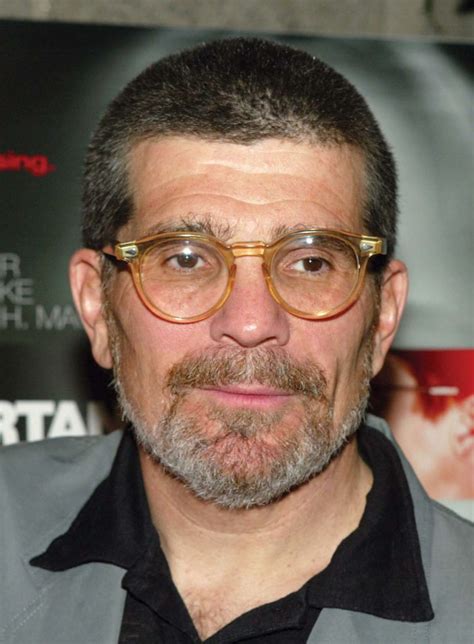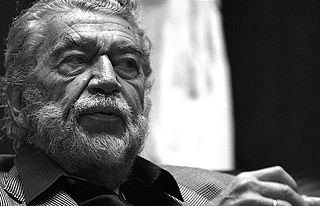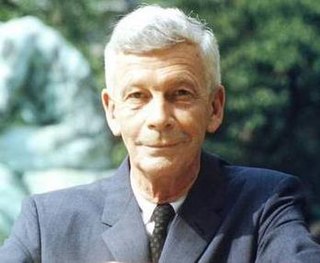A Quote by Anthony Burgess
The 21st chapter gives the novel the quality of genuine fiction, an art founded on the principle that human beings change. ----- "A Clockwork Orange Resucked" intro to first full American version 1986
Related Quotes
I like the idea of the audience absorbing the language and getting to understand it as they journey through the film. It starts off being more obscure, but you get used to it. A 'Clockwork Orange' thing. I read 'Clockwork Orange' without any vocabulary, and I got to understand the words as I went through it. I like that process. It immerses you.
A fine memoir is to a fine novel as a well-wrought blanket is to a fancifully embroidered patchwork quilt. The memoir, a logical creation, dissects and dignifies reality. Fiction, wholly extravagant, magnifies it and gives it moral shape. Fiction has no practical purpose. Fiction, after all, is art.
I would look at the first chapter of any new novel as a final test of its merits. If there was a murdered man under the sofa in the first chapter, I read the story. If there was no murdered man under the sofa in the first chapter, I dismissed the story as tea-table twaddle, which it often really was.
... A CLOCKWORK ORANGE- and I said: 'That's a fair gloopy title. Who ever heard of a clockwork orange?' Then I read a malenky bit out loud in a sort of very high type preaching goloss: '- The attempt to impose upon a man, a creature of growth and capable of sweetness, to ooze juicily at the last round the bearded lips of God, to attempt to impose, I say, laws and conditions appropriate to a mechanical creation, against this I raise my swordpen-
The idea was that we would decide the order when we looked at the proofs. I remember Brion Gysin saying "Well, why change it? It's perfect the way it is, the way it came from the printer." Made one major change, that is, the first chapter that came from the printers, which would be the beginning, we moved to the end. The first chapter became the last chapter. There's no actual cutups in Naked Lunch.
The point is, that the function of the novel seems to be changing; it has become an outpost of journalism; we read novels for information about areas of life we don't know - Nigeria, South Africa, the American army, a coal-mining village, coteries in Chelsea, etc. We read to find out what is going on. One novel in five hundred or a thousand has the quality a novel should have to make it a novel - the quality of philosophy.
The art of the novel, however, has fallen into such a state of stagnation - a lassitude acknowledged and discussed by the whole of critical opinion - that it is hard to imagine such an art can survive for long without some radical change. To many, the solution seems simple enough: such a change being impossible, the art of the novel is dying.
The government of the United States, under Lyndon Johnson, proposes to concern itself over the quality of American life. And this is something very new in the political theory of free nations. The quality of life has heretofore depended on the quality of the human beings who gave tone to that life, and they were its priests and its poets, not its bureaucrats.



































